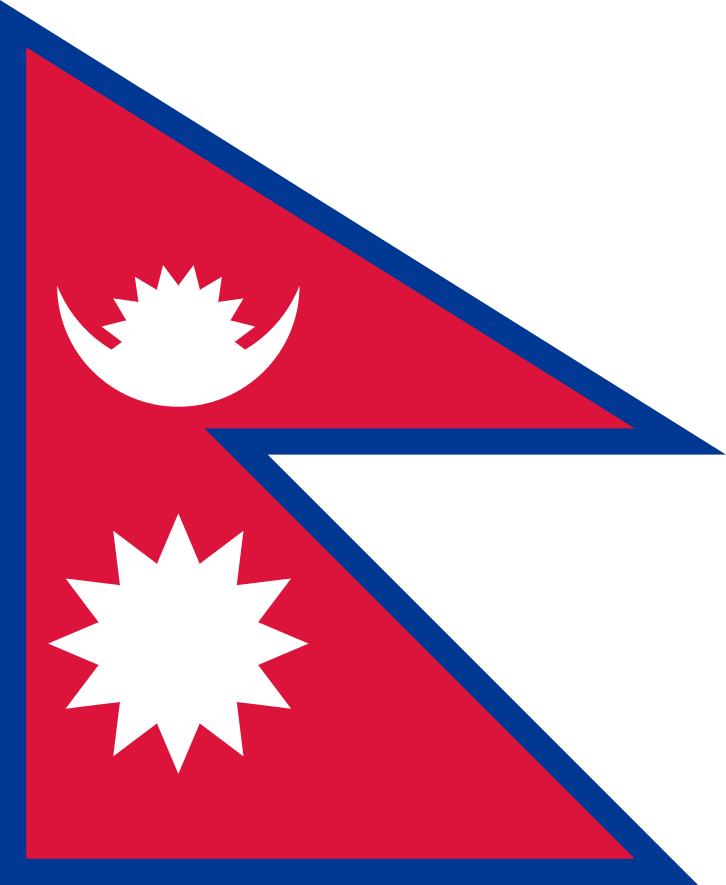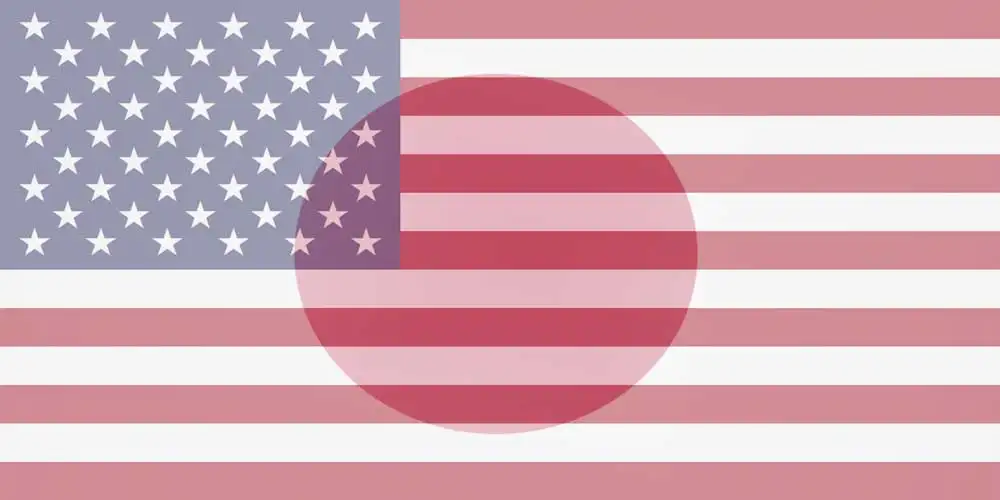Learn more about PNC Wires
Besides the FX rate markup shown in the comparison table, PNC Bank may also charge additional fixed fees for wire transfers depending on several factors, such as the type of transfer, the destination country, and the currency being sent. Here are some general guidelines for wire transfer fees with PNC Bank:
- Domestic incoming wire transfers: $15 per transaction
- Domestic outgoing wire transfers: $30 per transaction
- International incoming wire transfers: $15 per transaction
- International outgoing wire transfers: $45-$50 per transaction, depending on the destination country and currency
Note that these are the standard fees, and additional fees may apply depending on the specific circumstances of the wire transfer. For example, intermediary banks involved in the transfer may charge their own fees, which can be passed on to the customer.
Receiving an international wire transfer at PNC Bank
PNC Bank uses different bank codes depending on the currency and location of the sending bank. Here are some of the most common bank codes used for receiving foreign wire transfers:
SWIFT Code: PNCCUS33: This code is used for receiving wire transfers in U.S. dollars from foreign banks.
ABA Routing Number: 043000096: This code is used for receiving wire transfers in U.S. dollars from banks located within the United States.
CHIPS UID: 0407: This code is used for receiving wire transfers in U.S. dollars from foreign banks that are members of the Clearing House Interbank Payments System (CHIPS).
Fedwire ABA Routing Number: 043000096: This code is used for receiving wire transfers in U.S. dollars from banks located outside of the United States.
It's important to note that specific bank codes may vary depending on the currency and location of the sending bank, and it's recommended to confirm the correct codes with PNC Bank before initiating a wire transfer.
PNC Bank credit card FX fees
PNC Premier Traveler Visa Signature Credit Card: This card charges no foreign transaction fees, making it a good option for travelers who frequently make purchases in foreign currencies.
PNC Points Visa Credit Card: Similar to the Premier Traveler Visa Signature Credit Card, this card also does not charge foreign transaction fees.
PNC Cash Rewards Visa Credit Card: This card charges a foreign transaction fee of 3% of each transaction in U.S. dollars.
PNC Core Visa Credit Card: Similar to the Cash Rewards Visa Credit Card, this card also charges a foreign transaction fee of 3% of each transaction in U.S. dollars.
It's important to note that credit card terms and conditions can change, so it's always a good idea to check the current fees and policies before applying for or using a credit card for foreign transactions.
Everyday Costs in in Nepal
How much does it really cost to live, work, or travel in ? Here's what to expect for daily expenses and expat living.
Currency Guide to Nepal (ISO Code: NP)
For a traveler planning a 1-week mid-range stay in Nepal, a budget of around 1,200 to 1,500 NPR (Nepalese Rupee) per day would be sufficient for a comfortable experience. This estimate includes a range of activities and accommodations that provide a glimpse into the rich culture and stunning landscapes of Nepal. Here’s a breakdown of typical daily expenses in the local currency:
- 🍽️ Meal at a local restaurant: 800-1,200 NPR
- 🚌 Public transport fare: 30-100 NPR
- 📱 Prepaid SIM card: 1,000-2,000 NPR
- 🏨 Budget hotel or Airbnb: 3,000-5,000 NPR
Overall, visiting Nepal offers great value compared to countries like the United States or the UK; it is generally considered cheap to average. Daily expenses in Nepal can be significantly lower, making it an attractive destination for budget travelers despite the higher cost associated with activities such as trekking. In contrast to the United States, where a similar budget may only cover basic accommodation and meals, those traveling to Nepal will find their money stretches much further.
Expat Living in Nepal
For expats looking to settle in Nepal, the typical monthly living costs can vary widely based on lifestyle and location, but on average, one might expect to spend between 40,000 to 80,000 NPR. This expense range would cover rent, groceries, commuting, and basic services. When it comes to banking, many locals and expats use a combination of cash and debit/credit cards, although cash is preferable for smaller shops and markets. It’s advisable to carry a small amount of cash for day-to-day transactions.
For sending and receiving money, online transfer services like Wise and OFX can be more economical compared to exchanging cash at local currency exchange offices or banks. These services often provide better exchange rates and lower fees, making them ideal for regular transactions or remittances. However, many expats find it easier to withdraw cash from ATMs for immediate needs. Ultimately, the best approach depends on personal preferences concerning convenience and cost-effectiveness in managing finances while living in Nepal.


